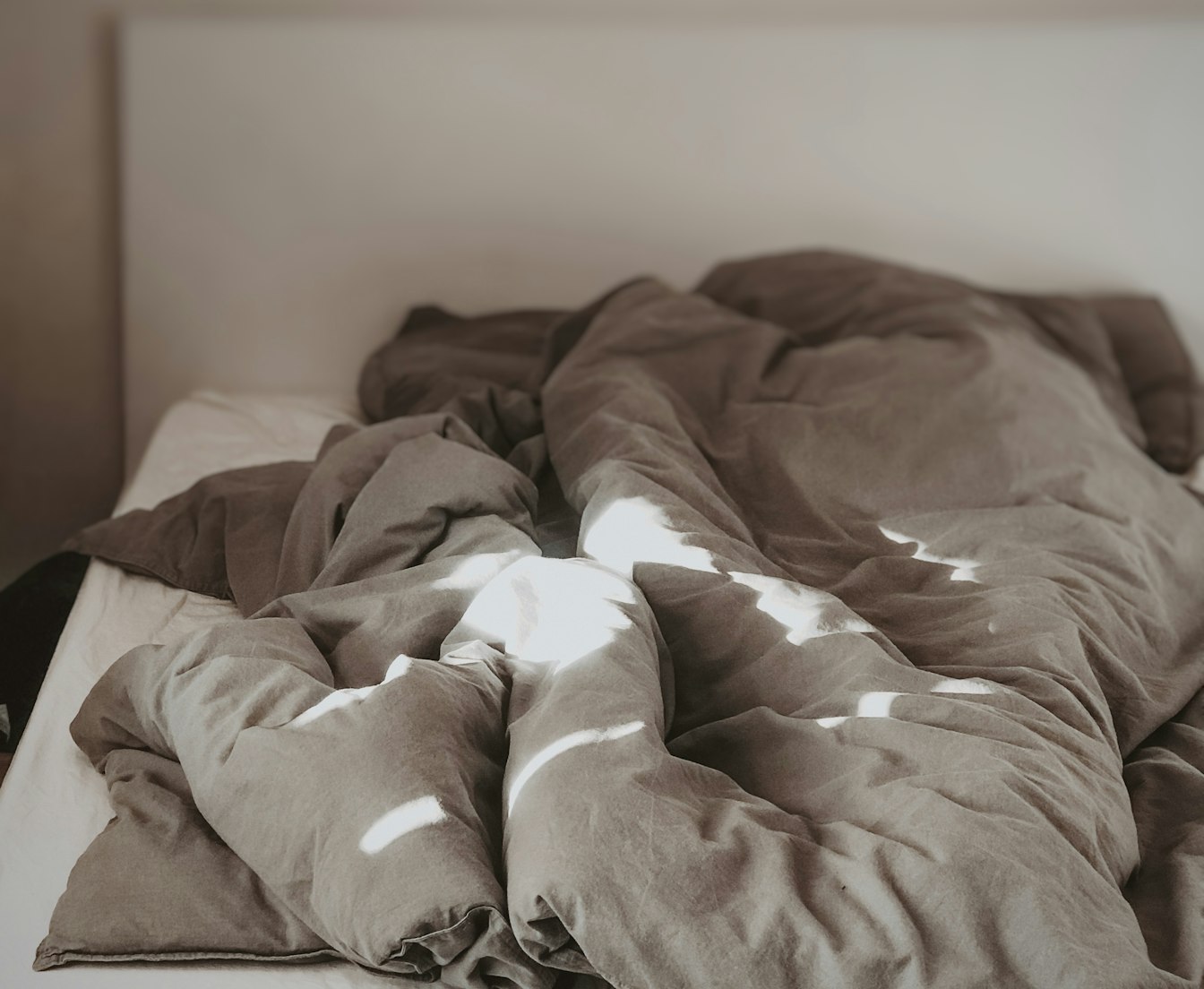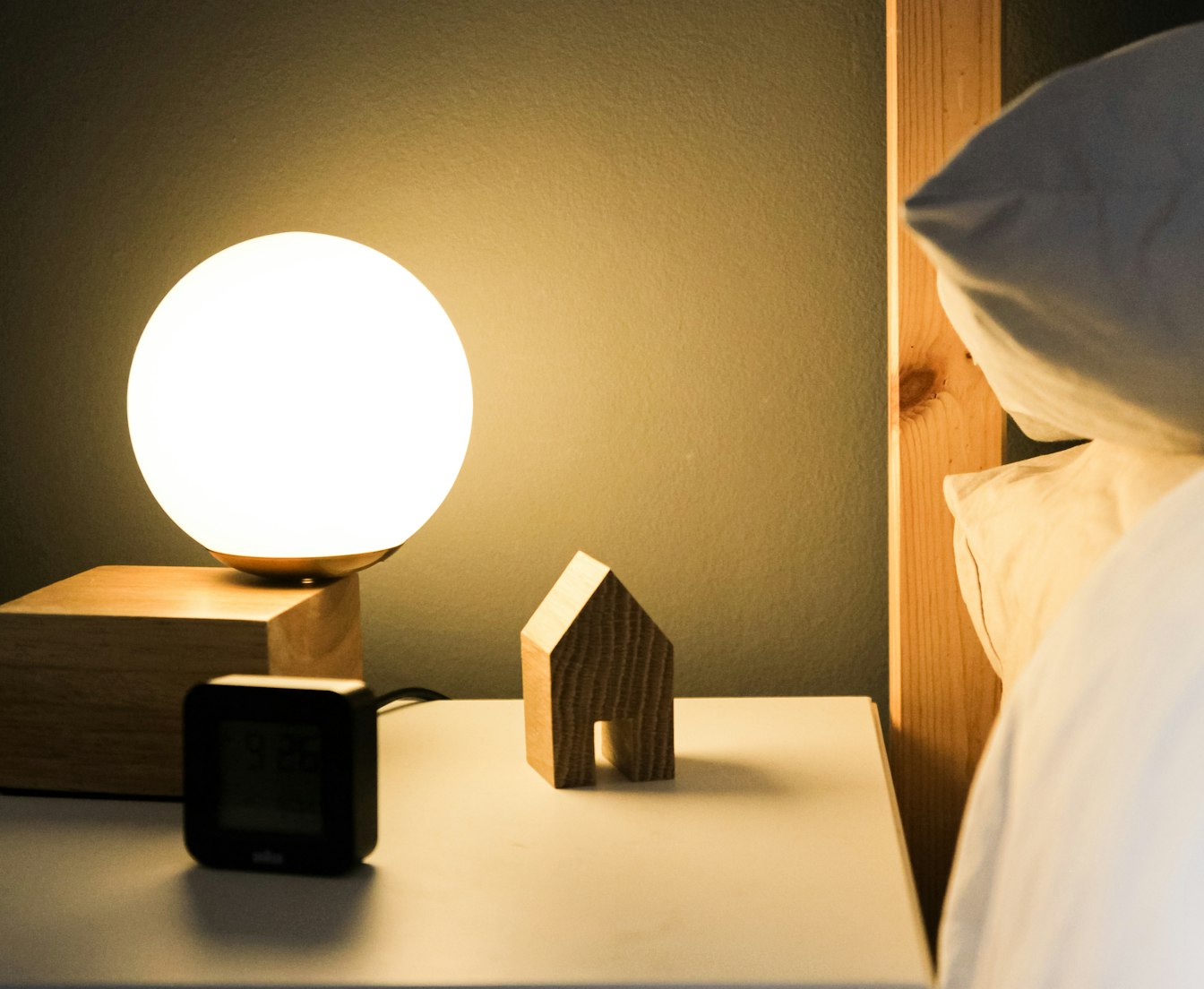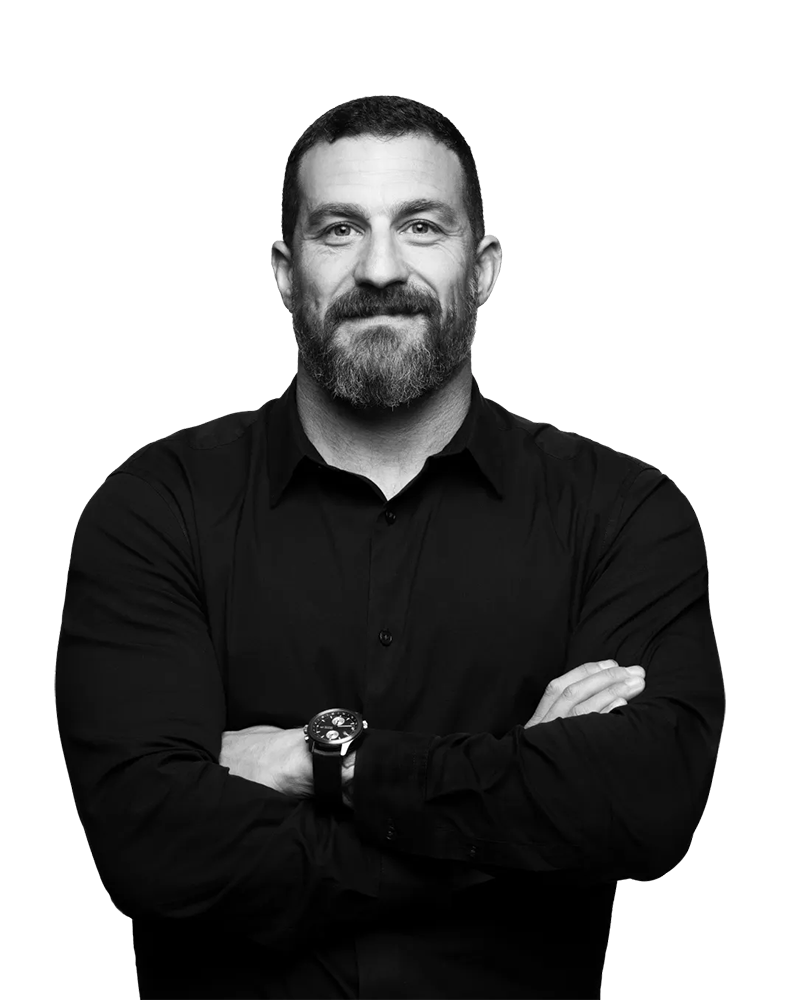
Ingredients of Huberman's Sleep Cocktail
These are the nutritional supplements that are part of Huberman's science-based Sleep Cocktail. Take these nutritional supplements before going to bed. Remember also to follow Huberman's tips for healthy sleep hygiene.
- Magnesium L-Threonate
- 140 - 400 mgDaily
Huberman takes Magnesium Threonate 30-60 minutes before going to bed. He has mentioned taking 100-200mg, 200-400mg and 140mg. So it's not clear what is the optimal dosage for him, so you might want to start with a lower dosage and increase it if needed.
Magnesium Threonate is different from regular magnesium supplements because it can enter the brain better. It's a special kind of magnesium called "L-Threonic acid Magnesium salt" and it is patented. This type of magnesium can cross the barrier between the blood and the brain effectively. This ability to get into the brain well is connected to better brain functions like memory and learning.
When used to help sleep, magnesium threonate is important because it calms the nervous system. It does this by increasing GABA neurotransmitters in the brain, which help to reduce nerve activity. This helps both the body and mind relax. As a result, this form of magnesium is good at preparing the body for a good night's sleep, which can be helpful for sleep problems such as insomnia.
Magnesium is especially important for sleep, as almost half of Americans don't get enough magnesium in their diet.
- Theanine
- 100 - 400 mgDaily
Huberman takes L-Theanine 30-60 minutes before going to bed.
L-Theanine is a type of amino acid mostly found in tea leaves, especially green tea. Unlike some other things that help with sleep, L-Theanine helps you relax without making you feel sleepy or drowsy. It works by increasing levels of calming chemicals in the brain like serotonin and GABA, which can help with sleep. At the same time, it lowers levels of chemicals linked to stress and anxiety.
L-Theanine boosts alpha brain waves, which are connected to feeling relaxed but awake. This mix of feeling more relaxed and less stressed makes L-Theanine a popular choice for making sleep better in terms of both quality and how long you sleep.
It's good to know that L-Theanine can make dreams more vivid and easier to remember. So, if you already have bad dreams, it might be best to avoid it.
- Apigenin
- 50 mgDaily
Huberman takes also Apigenin 30-60 minutes before going to bed.
Apigenin is a natural compound found in various plants like chamomile, parsley, and celery. It is known for its calming effects and is often used in treatments for anxiety and to help with sleep.
Apigenin helps with sleep because it may activate GABA receptors in the brain. These are the same receptors that many anti-anxiety drugs and sleep aids target. By working like GABA, Apigenin helps to decrease anxiety and improve sleep naturally.
Huberman highlights that apigenin is a mild estrogen suppressor, and he doesn't think women should take it. Also too low estrogen levels on men can be harmful.
- Inositol
- 900 mgEvery 3rd day
Huberman takes 900 milligrams of Myo-Inositol to get back to sleep if he wakes up in the middle of the night. He says it helps him to fall asleep faster and improves the overall sleep quality.
Myo-Inositol is a natural substance that is similar to vitamins and belongs to the sugar alcohol group. For sleep, Myo-Inositol is used because it can help with insomnia and make sleep better overall. It works by balancing hormones that affect sleep patterns, helping to create a regular and healthy sleep routine.
Inositol also has many other health benefits, including helping with PCOS (Polycystic Ovary Syndrome) and mental health issues.

In a recent discussion with Tim Ferriss, Huberman shared his personal Sleep Cocktail — a mix of supplements aimed at optimizing sleep quality.
Huberman singled out Magnesium Threonate and Apigenin as top priorities. These two supplements were chosen for their notable and potentially superior abilities to improve sleep quality across various individuals. However, Huberman advises caution with L-Theanine, as it may not suit everyone, especially those prone to vivid dreams or nightmares, as it can heighten dream lucidity.
Huberman's view on Melatonin
Despite melatonin being a widely recommended supplement, Huberman doesn't use it himself. While melatonin can help in falling asleep, Huberman highlights several drawbacks of using melatonin and suggests focusing on improving other aspects of sleep before considering melatonin supplementation.
- Melatonin can lead to difficulties staying asleep throughout the night
- The typical dosage of 3-6 milligrams is significantly higher than what the body naturally produces
- Inaccuracies in dosage among different brands are common
Tips for improved sleep hygiene
While supplements can play a role in improving sleep, Huberman stresses the importance of holistic sleep hygiene practices. This includes maintaining a regular exercise routine, following a healthy diet, and cultivating good sleep habits.
Hydrate adequately in the morning
Taking advantage of the kidneys' morning function can promote better sleep.
Limit caffeine consumption after 2 pm
Allowing caffeine effects to wear off can prevent sleep disturbances.
Reduce fluid intake as the day progresses
This can reduce nighttime awakenings due to urination.
Sip your last beverage of the day
This means not gulping the drink down. Slower consumption can minimize the urge to urinate urgently.
Avoid late-night eating
Refraining from eating in the last two hours before bed helps the digestion and conserves energy.
Practice NSDR
NSDR, also known as Nasal Sensory Deprivation Relaxation, calms the nervous system.
Sleep in a cool room
Lower temperatures signal the brain for sleep induction.
Seek morning light exposure
Early exposure to natural light enhances sleep quality through physiological responses.
